Gachagua Declares 2027 Presidential Bid
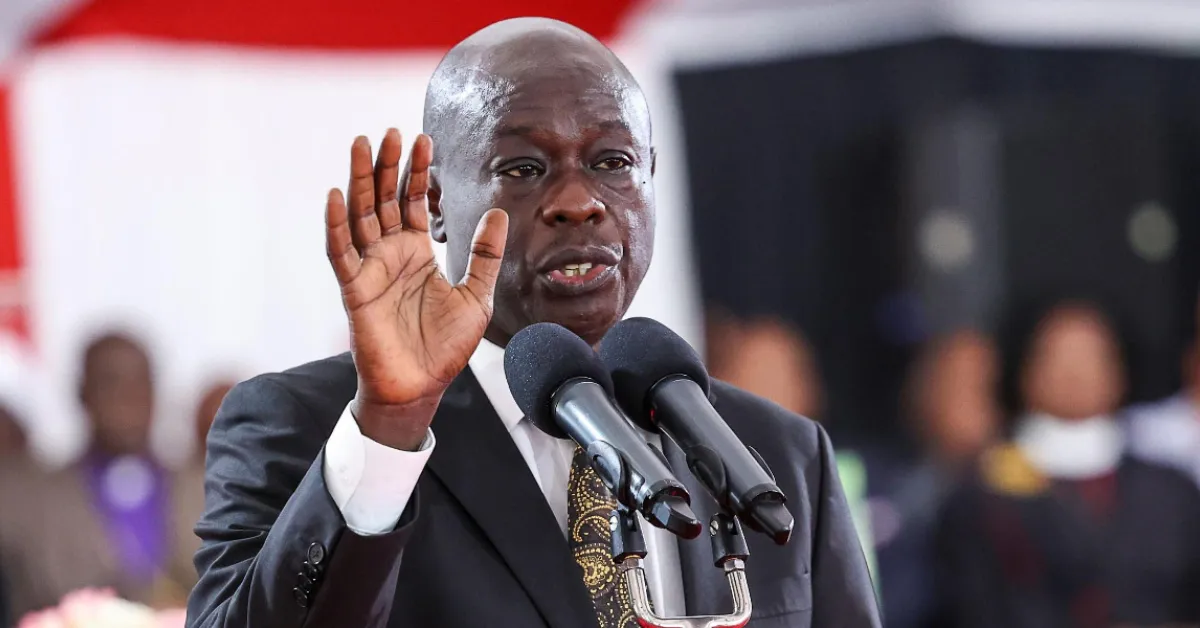
Former Deputy President Rigathi Gachagua has formally declared his candidacy for Kenya's 2027 presidential elections.
Gachagua’s decision to run is rooted in his interpretation of constitutional provisions that allow individuals with pending legal cases to seek public office. He has vowed to contest his impeachment through the judicial system, anticipating a protracted legal battle that could ultimately reach the Supreme Court. This strategy mirrors that of other politicians who have previously navigated legal challenges while pursuing electoral ambitions.
In a recent interview, Gachagua articulated his vision for Kenya, criticising the current administration’s economic policies, particularly taxation and housing levies, which he claims disproportionately burden formal sector employees. His proposed reforms aim to alleviate these financial pressures, signalling a focus on economic justice and governance.
A key element of Gachagua's political strategy is the formation of a new political party, scheduled to be launched in May. He envisions this party as a unifying platform that transcends ethnic divisions, representing the diverse interests of Kenyan communities. Gachagua's outreach efforts extend beyond his traditional stronghold in the Mount Kenya region, as he seeks to build alliances in Kisii, Ukambani, Maasailand, and Western Kenya.
Despite his efforts to broaden his appeal, Gachagua's regional focus has drawn criticism from political allies and observers. Some argue that his emphasis on Mount Kenya risks alienating other communities and perpetuating ethnic divisions. In response, Gachagua has emphasised his efforts to unify the region while simultaneously reaching out to other parts of the country. He has appointed Nyandarua Senator John Methu as a key figure in consolidating support within Mount Kenya, allowing Gachagua to concentrate on expanding his political base elsewhere.
Adding to the controversy, Gachagua's rhetoric has sparked debate, with some critics interpreting his remarks comparing political collaborators to historical adversaries as divisive. Gachagua's announcement has further complicated the opposition's landscape, with multiple leaders expressing interest in the presidency. Figures such as Martha Karua, Kalonzo Musyoka, Fred Matiang'i, and Eugene Wamalwa have declared their intentions to run, creating a crowded field. Gachagua recently advocated for a unified opposition, suggesting that a single candidate should eventually be chosen to represent their collective interests.
He pledged to support the selected candidate, even if it is not himself. Gachagua's critique of President William Ruto's administration extends to governance and policy implementation. He has accused the government of failing to address issues such as illicit alcohol and drug abuse, particularly in central Kenya. He alleges that the inclusion of individuals with questionable backgrounds in the cabinet undermines efforts to combat these challenges.
Gachagua's tenure as deputy president included initiatives to address substance abuse, and he has expressed disappointment at the perceived regression in these efforts since his departure. Gachagua's political narrative also includes his rejection of a potential alliance with former Prime Minister Raila Odinga. He views the opposition's strength as rooted in its connection to ordinary Kenyans, particularly those in formal employment who bear the brunt of economic hardships.

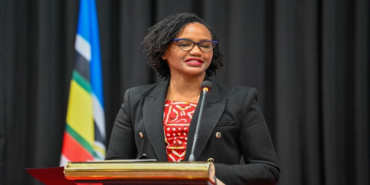
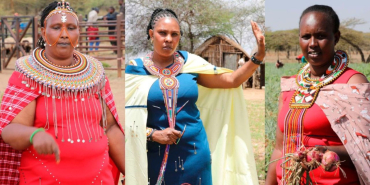
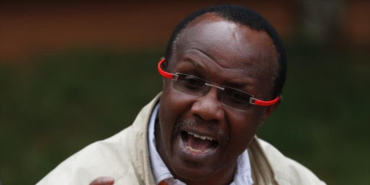
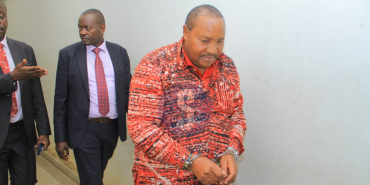
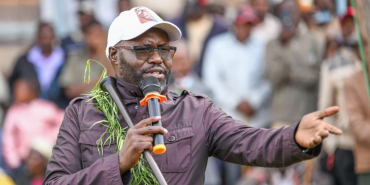
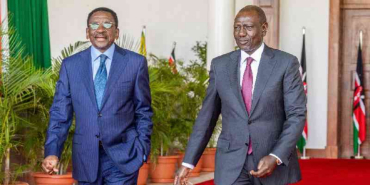
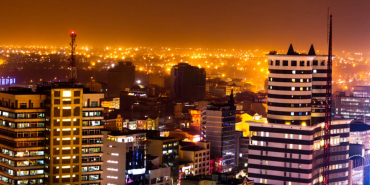
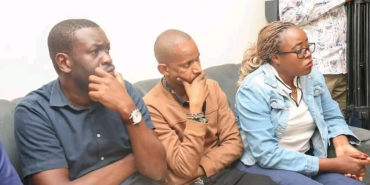
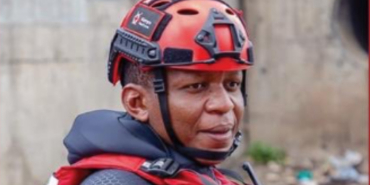
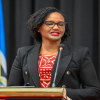

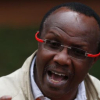
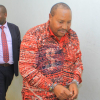
Add new comment